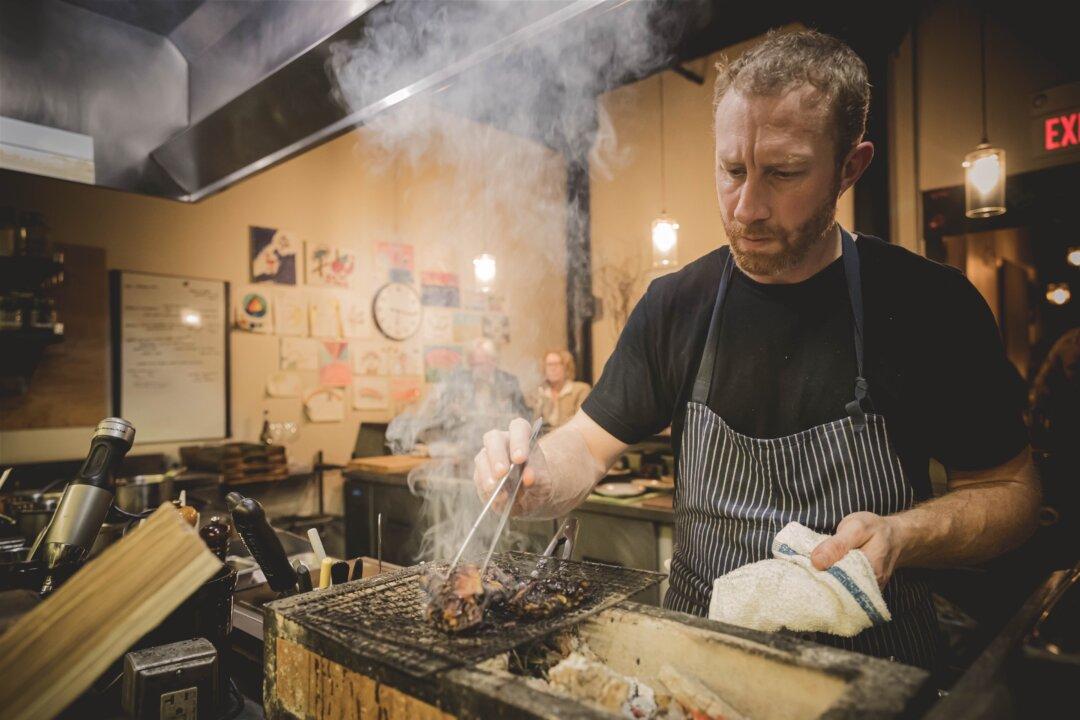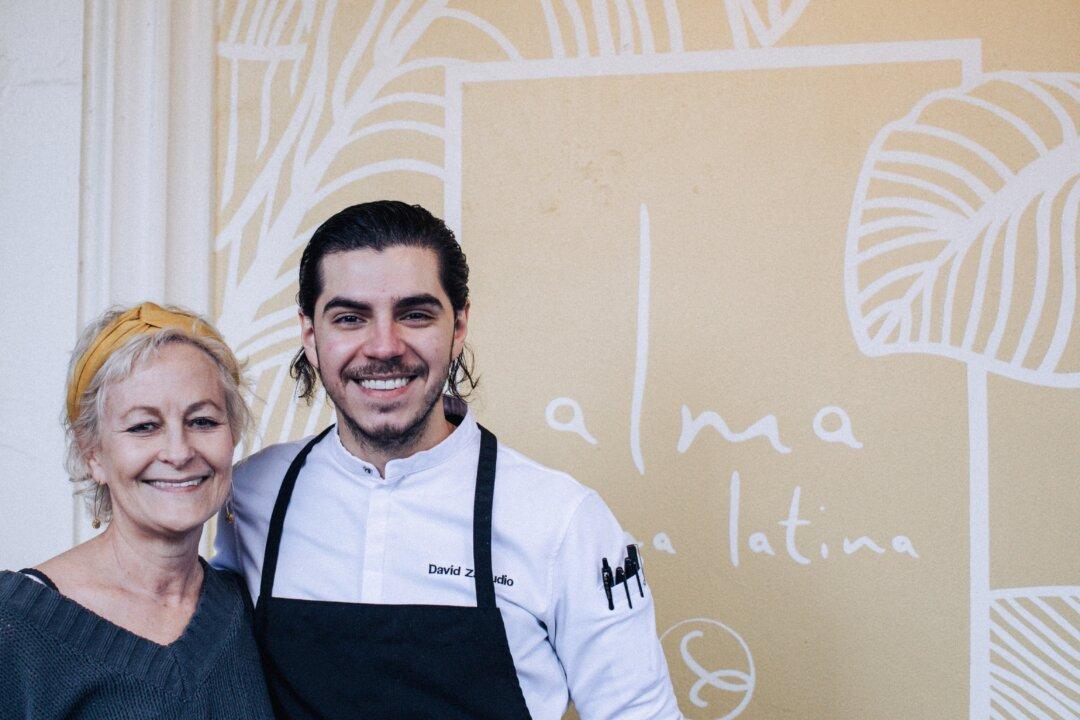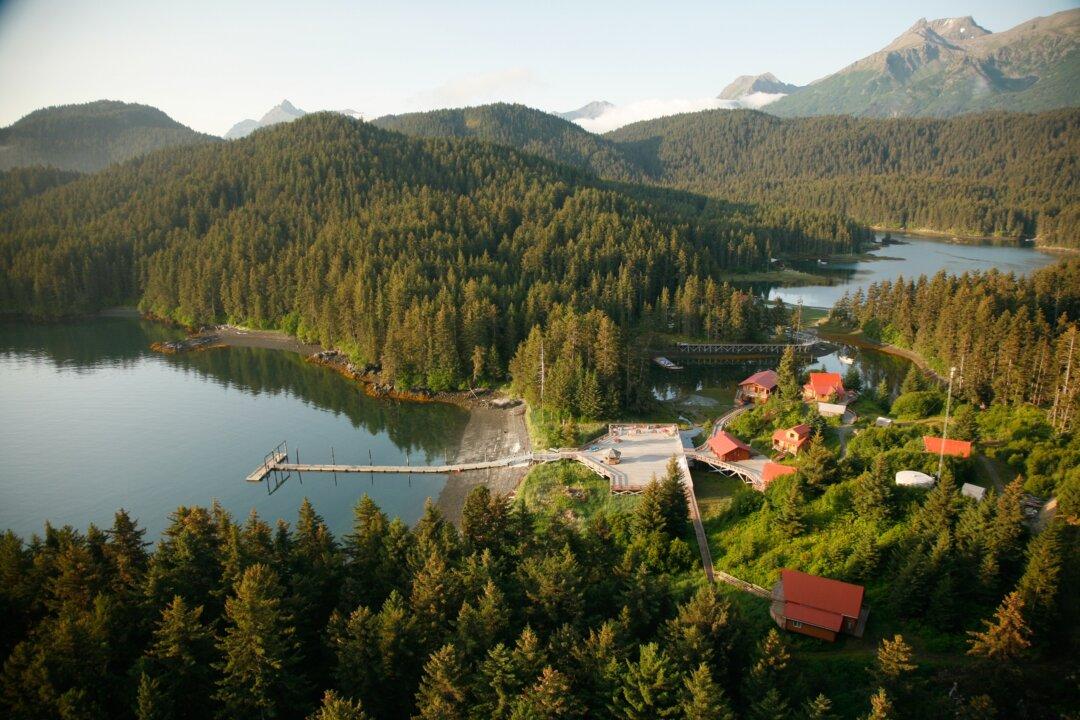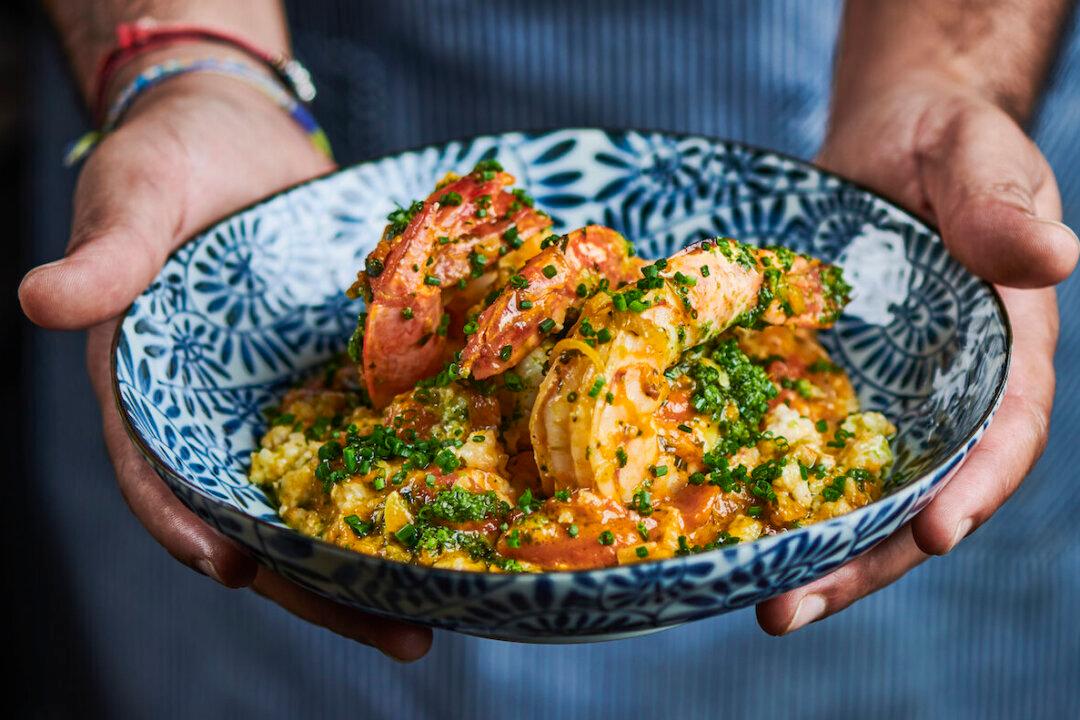When you’ve cooked under Thomas Keller and Grant Achatz, nabbed $10,000 on Food Network’s “Chopped,” and owned a restaurant that’s regularly ranked as one of North America’s best, the whole world is your oyster.
But for New England native chef Evan Hennessey, there’s simply no place like home.





